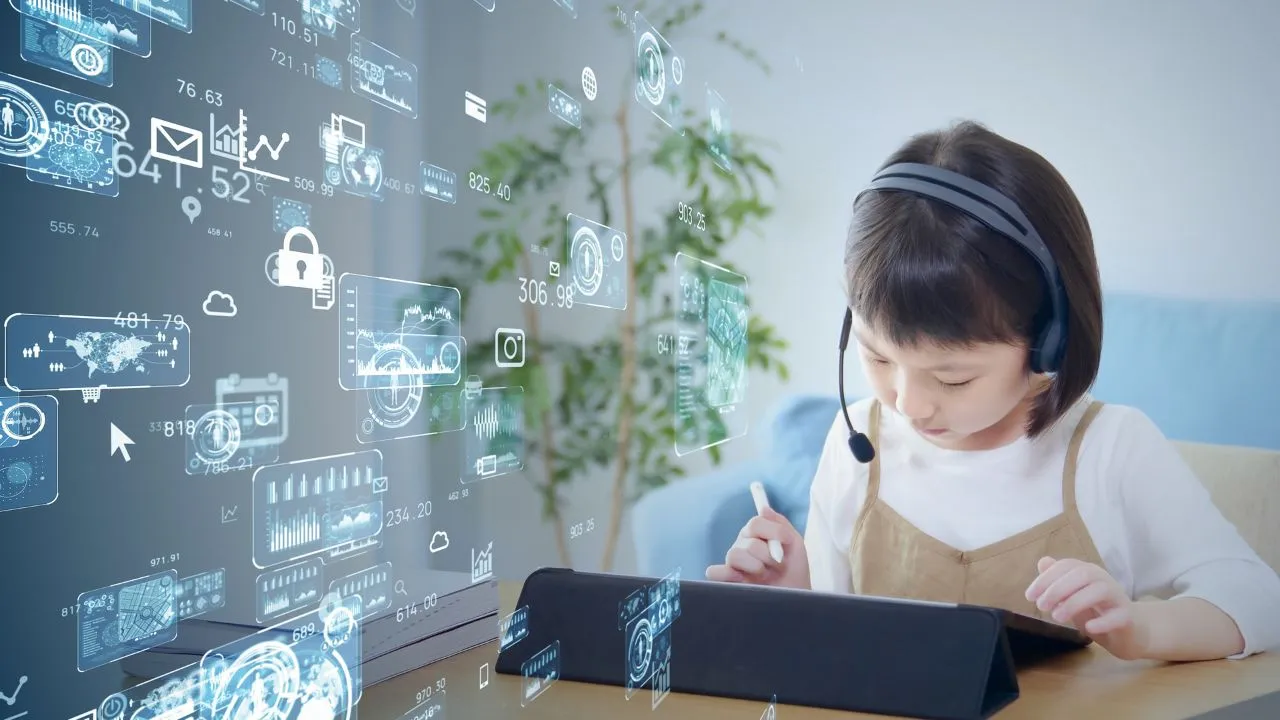- By Sakshi Gupta
- Tue, 16 Jul 2024 03:31 PM (IST)
- Source:JND
JE Education Desk: Digital transformation is revolutionising education, fundamentally altering how learning is structured, delivered, and consumed worldwide. By integrating advanced technologies, education is becoming more accessible, personalised, and efficient, fostering a more inclusive and adaptive learning environment. The pace of digital transformation in education has increased, particularly due to recent global disruptions. AI, VR, and data analytics are now integral to the educational ecosystem, enhancing learning experiences and promoting inclusivity.
With rapid technological changes, continuous learning is essential. Upskilling and reskilling initiatives bridge the skills gap and prepare the workforce for future job markets, ensuring adaptability and competitiveness. AI creates personalised, interactive learning experiences, significantly enhancing engagement and outcomes. AI-driven tools provide real-time feedback and competency mapping, aiding continuous learner improvement. Short, focused learning modules help professionals balance education with other responsibilities, making content easy to digest and retain. Learning management systems using data analytics enable personalised learning experiences, tailoring content to individual needs and improving engagement through data insights. Scalable, on-demand learning solutions offer flexibility and cost efficiency, allowing institutions to adapt quickly to changing educational needs.
Virtual and Augmented Reality (VR/AR) create immersive learning environments, making complex subjects more accessible and interactive. VR and AR simulations offer hands-on experiences, enhancing learning outcomes. Adding game elements to learning platforms boosts motivation and engagement, turning learning into an enjoyable experience that encourages active participation and retention. AI-powered systems tailor content to individual needs, adjusting difficulty based on performance to ensure each student gets the right level of challenge and support. AI tutors and chatbots offer personalised guidance, answer queries, and provide real-time feedback, reducing the administrative burden on educators and supporting students effectively.
The future of education looks promising with the integration of advanced technologies enhancing learning outcomes and making education more inclusive and accessible. Personalised, data-driven learning experiences will ensure each learner receives the support they need to succeed. As we continue to embrace these advancements, the education sector must remain adaptable to meet the needs of a rapidly changing world, equipping learners with the skills necessary for the future.

